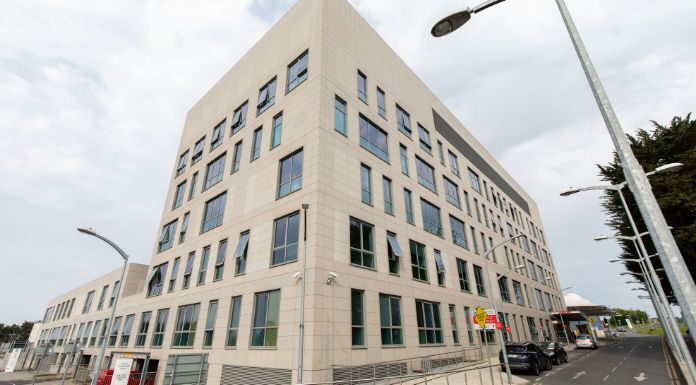A Consultant at the region’s main hospital says “attitudinal change” is needed at Cabinet level in order to solve issues surrounding health service provision in this region.
Professor Calvin Coffey is among 87 medics at University Hospital Limerick, who have written an open letter warning their ability to provide care to patients is stretched beyond its current capacity.
Professor Coffey has described the letter as an SOS, designed to get the attention of Cabinet.
He says this region has the lowest level of consultants, nursing staff, junior doctors and health service care professions, BUT the highest number of ED attendances in the country and that they’re struggling as a result of this disparity.
Professor Coffey believes reconfiguration in 2009 was the correct move, but promises of a co-located hospital, more beds and additional funding never materialised.
He insists an overhaul of infrastructure available across Clare, Limerick and Tipperary is urgently needed and attitudinal change at cabinet is required to deliver that.
The Professor is concerned that the level of urgency from Government doesn’t match the situation on the ground.
The Foundation Chair of Surgery at the School of Medicine at UHL is reassuring that they’re coping with emergencies, time-critical and cancer care.
Professor Coffey says, however, they’re not able to provide regular scheduled care and he’s warning “today’s cancellations are tomorrow’s emergencies”.
Thousands of people took to the streets recently in protest over chronic overcrowding at UHL, which Professor Coffey has described as a reflection of the commitment in this region.
He insists a sustained campaign is what’s now needed, so cabinet pays attention and attends to the state of the health of the Midwest.
The Taoiseach has committed to visiting the Midwest region, which Professor Coffey hopes is the first step towards continued dialogue on a regular and frequent basis.
Listen to the full interview here:







